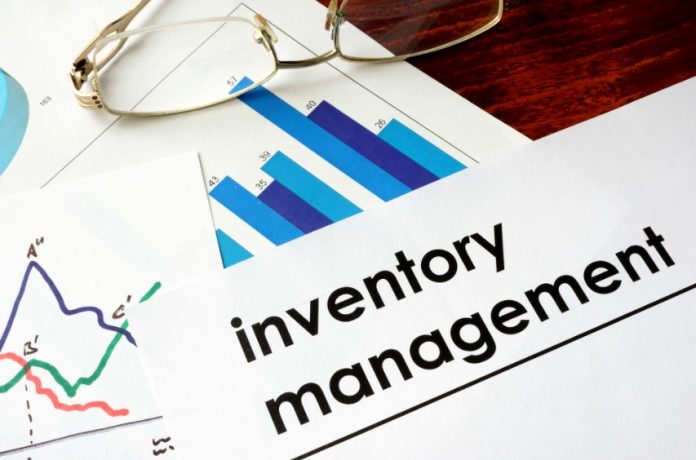In recent years, there has been an incredible increase in the use of robots in the workplace. From manufacturing to retail, distribution, and electronics, robots are everywhere. One of the things they do best is managing inventory.
Read on to learn what is inventory management, what it means to your company, and why it’s essential.
Basics of Inventory Management
Inventory management is the process of monitoring. It includes understanding the amount of inventory needed and monitoring demand. It helps utilize items that are used to create a product.
An inventory manager needs to be able to track the product from its initial order to its delivery. This involves forecasting demand and designing product packaging.
An inventory manager must ensure proper controls are in place. This will protect against losses due to theft, spoilage, and other damage. Be sure to learn about SAP Business One Wholesale Distribution and how it can efficiently help inventory management.
Benefits of Inventory Management
Inventory management is a critical component of running a successful business. There are a lot of benefits of Inventory management that can help the business.
Improve Customer Service
Inventory management is an essential aspect of successful customer service. It is fundamental to ensure that customer needs are met.
Inventory management makes it easier for businesses to fulfill their customers’ needs. It involves the monitoring and recording of all bulk inventory items. It can also help organizations gain a better understanding of consumer demand.
Accurate Measure
Inventory management is the process of overseeing and controlling the ordering. It includes accurate measures of the quantity available for sale by wholesale distributors.
Inventory control is necessary to avoid overstocking and stock-outs. Businesses can ensure that orders are filled quickly by keeping a physical count. This will help customers get their orders without delays and have a great experience.
Cost Savings
Inventory management is a business practice that helps maximize cost savings. It ensures that products are adequately stocked.
A business can effectively balance stock levels according to customer demand. It keeps inventory levels low to reduce overhead costs.
Good inventory means reducing the costs of obtaining and storing stock. This includes bulk purchasing and having a well-organized storage facility.
Understanding the Types of Inventory
Inventory management involves understanding the types of inventory and managing them accordingly. Each type of inventory needs to be monitored by the inventory management system.
The three main types of inventory are finished goods, work-in-progress, and raw materials. Finished goods refer to all products that are ready to sell.
Work-in-progress refers to materials that are in production but not yet finished. Raw materials are the components used for production and tracked for usage.
Knowing What Is Inventory Management
Inventory management is an essential task for large and small businesses alike. The correct method and system can save companies money and help them meet demand cost-effectively. To get started on the right track, enlist the help of specialists and learn what is inventory management.
Visit our website for more like this. We have great articles that can help you.


